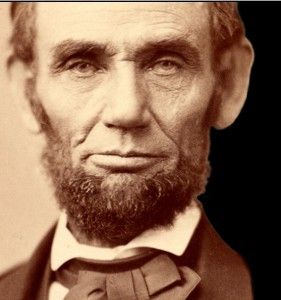 In this month’s edition of London’s Primitive (Baptist) Church Magazine, English Baptists applaud American President Abraham Lincoln’s commitment to freeing African slaves.
In this month’s edition of London’s Primitive (Baptist) Church Magazine, English Baptists applaud American President Abraham Lincoln’s commitment to freeing African slaves.
“Cheering” Lincoln, the editor of the publication reprints a portion of a recent news story from a secular publication, the Leeds Mercury:
The Message of President Lincoln to the Congress, recommending a method of ending the Civil War, by assisting Southern States to buy the emancipation of the Slaves, is the most important event that has occurred since the outbreak of the conflict and suddenly opens an altogether new view of the possible future. It was with a thrill of deep delight that we read the words “Emancipation of Slaves,” proceeding from the Head of the great American Federation. Never before have such words been publicly breathed by any President since the establishment of American Independence. Whatever may come of the present proposition, the mere making of it is an event of boundless significance,–a sure index on the face of history that humanity has made progress,–a movement in advance which nothing can effectually pub back, Emancipation! Why, the bare thought of such a thing has been regarded with horror by every Government at Washington for the last fifty years. It would seem as if th marble stones of the White House would start from their joinings at the mere whisper. No fulminating powder, no explosive composition for bomb-shell or rocket, of English, French, or American invention, could compare in danger with that one word “Emancipation,” which threatened to blow up, not a fort or a regiment, but a commonwealth. Emancipation! Has the word been uttered? Then let nothing henceforth shake our faith in the triumph of sacred principles, be the opposing forces ever so mighty. Truth is great, very great, and it shall prevail.
From afar, English Baptists recognize the sea change in American life that Lincoln’s public advocacy of emancipation has wrought.
Source: “America.–Hope for the Slave.,” Primitive (Baptist) Church Magazine, April 1, 1862, p. 96 (link)


